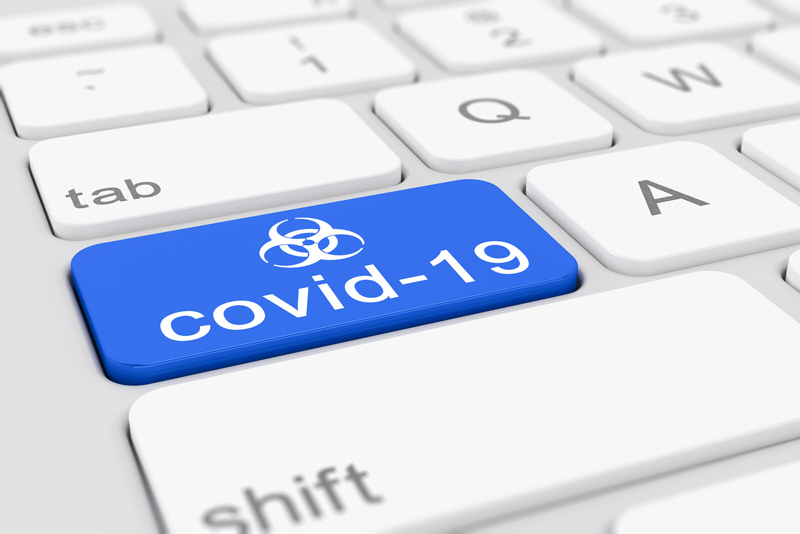Business insurance is a safety net that shields businesses against various types of risks. The business transcription services that our legal transcription company provides for insurers covers documentation for claims relating to professional liability insurance, property insurance, workers’ compensation insurance, product liability insurance, and business interruption insurance, and more. With the COVID-19 crisis, the spotlight is on business interruption insurance.
From loss of business to social distancing and remote work, the novel coronavirus pandemic has affected small businesses in many ways. In addition to loss of life, the COVID-19 pandemic is proving very costly to businesses by affecting supply chains, unforeseen expenses with cancellation of travel, postponement of events, work stoppages, and loss of sales due to quarantines.
One common question is whether insurance companies will cover business interruption losses sustained as a result of COVID-19. To understand whether corona-based disruptions would qualify for this coverage, businesses need to examine their insurance policies carefully. However, lawmakers in various states are now pressuring insurance companies “to go beyond the legal language of policies” and provide coverage for business interruption losses resulting from the pandemic (www.wsj.com).
Business interruption is a temporary halt or slowdown in business operations, either partial or complete, caused due to a disaster or catastrophic event. The purpose of business interruption insurance is to cover loss of revenue that occurs as a result of such an event. It is usually included in a comprehensive insurance policy as an add-on.
According to legal experts, the conditions that trigger business insurance coverage are as follows:
- Physical damage to property: Business interruption insurance coverage usually applies when an insured property sustains a “direct physical loss”, damage, or destruction from a disaster such as a fire, hurricane, or tornado.
- “Civil authority” prohibitions: When a “civil authority” prohibits or impairs access to a location covered by the policy, the business may suffer losses to income. Many commercial insurance policies cover revenue losses sustained when a federal, state, or local governmental authority limits or prohibits access to or from locations covered by the business’s insurance policy. “Civil authority” coverage for income losses may or may not require physical damage to covered property.
In the context of the COVID-19 pandemic, an article published by www.jdsupra.com notes, “The fundamental question with respect to property insurance coverage for every coronavirus-related loss is whether the mere presence of the virus can cause or constitute ‘physical damage’ and whether such damage played a role in the loss of income.”
However, the article also points out that even if the business can provide evidence of direct physical damage to the covered property, it needs to examine if the policy has a specific exclusion for virus-related losses. After the SARS, rotavirus and other viral outbreaks, the insurance industry added exclusions designed to preclude coverage for such losses. The International Organization for Standardization (ISO) virus exclusion of 2006 states: “We [the insurance company] will not pay for loss or damage caused by or resulting from any virus, bacterium or other microorganism that induces or is capable of inducing physical distress, illness or disease.”
A Business Insurance article cites a spokes woman for the New York-based Insurance Information Institute as saying that the move by policymakers to force insurers to pay for losses that are excluded under existing insurance policies could affect the stability of the sector, especially with the spring flood season underway and the upcoming hurricane season.
Experts say that businesses seeking to proactively manage their coronavirus exposure, should review their business interruption policies to determine whether economic losses related to contagious diseases are excluded under the contract language. They can write to their company and ask them to consider their claim. Even if their business interruption insurance does not cover this emergency, looking into their coverage will help them be better prepared if their business suffers revenue losses due to such unforeseen contingencies in the future.




